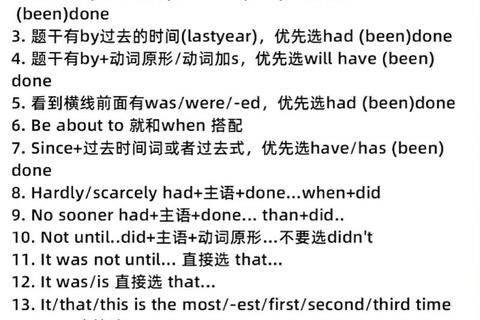Unlocking Success in the English 22018 Exam: Key Strategies and In-Depth Analysis
The English 22018 exam remains a critical milestone for learners aiming to demonstrate advanced language proficiency. To excel, candidates must navigate its intricate structure while mastering core linguistic and analytical competencies. This article explores the exam’s pivotal components, actionable preparation techniques, and evidence-based strategies to empower test-takers with both confidence and competence.
I. Understanding the Core Components of the English 22018 Exam

The exam’s design emphasizes comprehensive language skills, divided into three primary domains:
1. Reading Comprehension and Critical Analysis
Key Focus: Passages often draw from academic journals, literary excerpts, or socio-cultural commentaries. Candidates must identify themes, infer author intent, and evaluate arguments.
Common Pitfalls: Misinterpreting nuanced vocabulary or overlooking contextual clues. For example, words like “ambivalent” or “paradoxical” require contextual precision.
Strategy: Practice skimming for main ideas followed by detailed scanning for evidence. Annotating texts with marginal notes enhances retention and analysis.
2. Writing Proficiency
Structure Matters: Essays demand clear thesis statements, coherent paragraph transitions, and evidence-driven conclusions. A poorly organized response risks lower scores regardless of content quality.
Language Nuance: Avoid repetitive phrasing; instead, employ synonyms and complex sentence structures (e.g., conditional clauses or passive voice) to showcase versatility.
Example: Replace “important” with “paramount” or “indispensable” to elevate lexical range.
3. Listening and Integrated Tasks
Multitasking Challenges: Tasks often require synthesizing information from audio sources and written prompts. For instance, summarizing a lecture while comparing it to a related article.
Active Listening Tips: Focus on signal words (e.g., “however,” “in contrast”) to anticipate shifts in tone or argument direction.
II. Evidence-Based Strategies for High Scores
Academic research and pedagogical insights reveal actionable methods to optimize performance:
1. Deliberate Practice Over Rote Memorization
Psychologist Anders Ericsson’s theory of deliberate practice highlights the importance of targeted skill development. Instead of passively rereading materials, simulate exam conditions with timed drills.
Application: Allocate 30-minute sessions daily to practice essay outlines or paraphrasing exercises.
2. Error Analysis and Feedback Loops
Reviewing mistakes systematically helps identify recurring weaknesses. For writing tasks, categorize errors (e.g., grammatical inaccuracies vs. logical gaps) and address them sequentially.
Tool Suggestion: Use grammar-checking software like Grammarly, but prioritize manual revisions to internalize rules.
3. Cognitive Load Management
The cognitive load theory suggests breaking complex tasks into smaller, manageable steps. For integrated tasks, first extract key points from audio, then cross-reference them with texts.
Visual Aid: Create flowcharts or mind maps to organize ideas during preparation.
III. Tailored Preparation Frameworks for Different Learners
Adapting strategies to individual needs maximizes efficiency:
1. For Visual Learners
Use color-coded notes to highlight grammar rules (e.g., green for correct examples, red for errors). Infographics summarizing essay structures can also reinforce memory.
2. For Auditory Learners
Record yourself reciting vocabulary definitions or essay arguments. Listening to these recordings during downtime enhances retention.
3. Time-Constrained Candidates
Prioritize high-impact areas. For example, if writing is a weakness, dedicate 60% of study time to drafting essays and seeking feedback.
IV. Leveraging Resources and Technology
1. Authentic Practice Materials
Past papers (2015–2023) provide insights into recurring themes, such as globalization or ethical dilemmas. Analyze examiner reports to understand scoring criteria.
2. Digital Platforms for Skill Enhancement
Websites like Quizlet offer flashcards for vocabulary building, while platforms like Coursera host courses on academic writing.
3. Peer Collaboration
Study groups enable knowledge exchange. For instance, peer reviews of essays can uncover blind spots in logic or clarity.
V. Conclusion: Building a Pathway to Excellence
Success in the English 22018 exam hinges on strategic preparation, self-awareness, and resilience. By dissecting core components, applying research-backed techniques, and personalizing study plans, candidates transform challenges into opportunities for growth. Ultimately, mastery lies not merely in understanding the exam’s demands but in cultivating a mindset that embraces continuous improvement and adaptability.
This structured approach ensures candidates are equipped not only to meet the exam’s rigorous standards but to surpass them with distinction.



